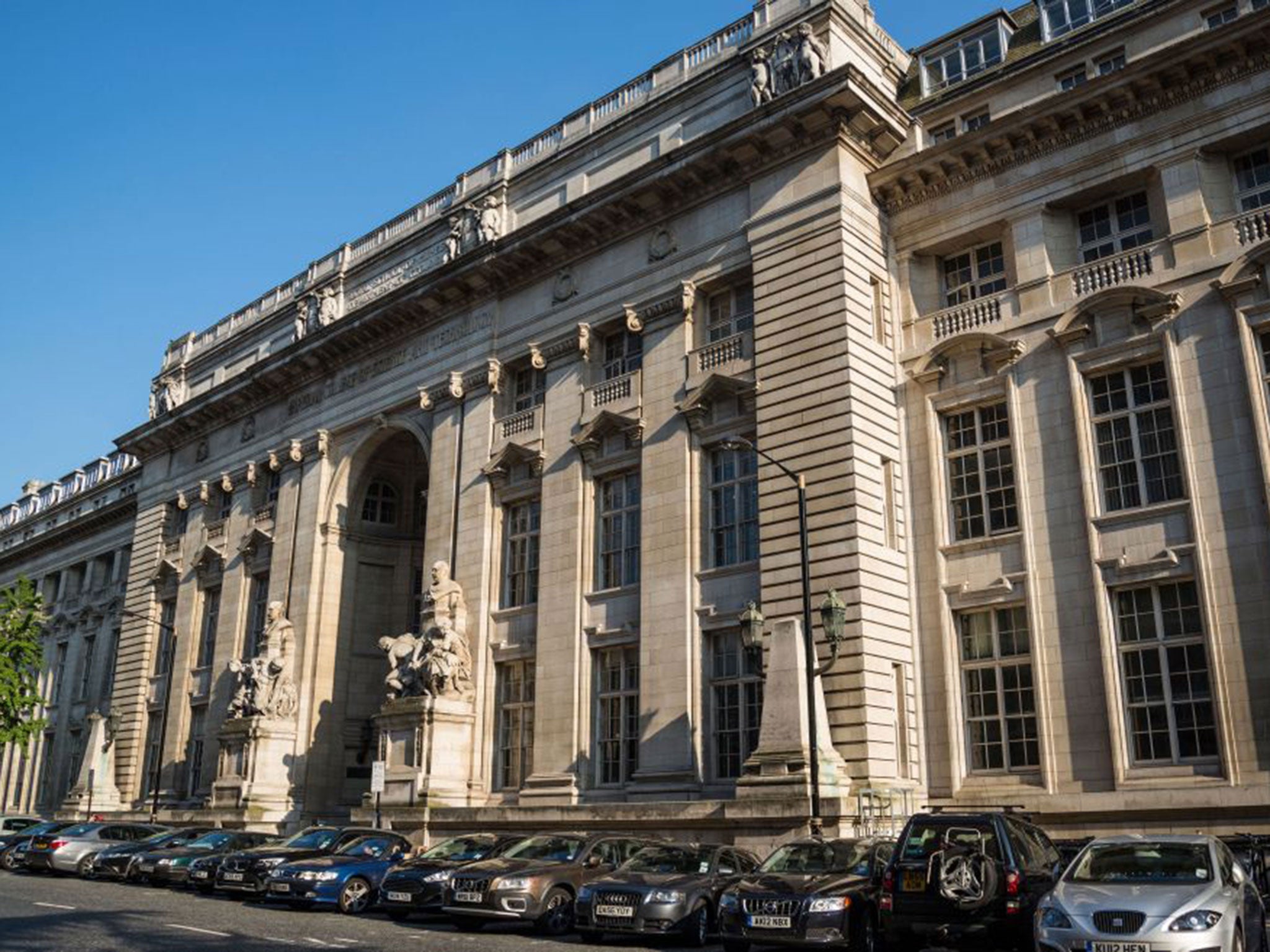QS university world rankings: Imperial College London leapfrogs Oxford to join Cambridge as best British university
College rises from fifth position last year to joint second internationally

Your support helps us to tell the story
From reproductive rights to climate change to Big Tech, The Independent is on the ground when the story is developing. Whether it's investigating the financials of Elon Musk's pro-Trump PAC or producing our latest documentary, 'The A Word', which shines a light on the American women fighting for reproductive rights, we know how important it is to parse out the facts from the messaging.
At such a critical moment in US history, we need reporters on the ground. Your donation allows us to keep sending journalists to speak to both sides of the story.
The Independent is trusted by Americans across the entire political spectrum. And unlike many other quality news outlets, we choose not to lock Americans out of our reporting and analysis with paywalls. We believe quality journalism should be available to everyone, paid for by those who can afford it.
Your support makes all the difference.Forget Oxbridge - this year’s world university league tables show the best two institutions in the UK should go by the name "Impbridge".
Imperial College London has soared up the rankings this year to secure second place behind the Massachusetts Institute of Technology - making it the top UK university in the tables, equal with Cambridge, for the first time ever.
Academics behind the respected QS world university rankings, published today, pay tribute to the impressive standard of research in science and technology shown by Imperial College London. It has risen from fifth last year.
Typical of the projects that have won the college its new status is the development of the “iKnife”, which can tell surgeons whether the tissue they are cutting in the operate theatre is cancerous or not.
In its first testing in an operating theatre, the iKnife diagnosed tissue samples from 91 patients with 100 per cent accuracy.
Its inventors were also responsible for coming up with a design for an edible water bottle which, they hoped, would go a long way towards dramatically reducing the 33 million tons of plastic waste that ends up in sitting landfills or polluting the world’s ocean annually.
Professor Alice Gast, the newly appointed president of Imperial, said: “Imperial has a rare ability to turn outstanding research into discoveries which have a real impact on the world. Our scientists, engineers, medics and business scholars reach out and collaborate with academic and industry partners across the globe.”
Ben Sowter, head of research at QS, added: “In the wake of the recession, both governments and private sector funding sources are placing greater emphasis on high-impact STEM [science, technology, engineering and mathematics] research, much of which takes place in specialist institutions.
“Tech-focused institutions are increasingly the focal point of a global race for innovation. With budgets from public sources increasingly coming under strain, institutions seem more focused than ever on potentially lucrative research in science, technology and medicine.”
The college is a relative novice in university terms, having been established by Royal Charter as recently as 1907. At Oxford there is evidence of teaching going as far back as 1096, while Cambridge was established by a breakaway group of academics from Oxford in 1209.
UK universities have sustained their rankings compared with the previous year, with one newcomer in the top 100: Queen Mary, University of London, which rises from 115th place to 98th. The UK has four in the top 10; Oxford and University College London are fifth equal in the table, and both were also in the top 10 last year, with UCL in fourth position and Oxford sixth.
London, too, retains its reputation as the university capital of the world, with five universities in the top 100. Its nearest rivals are Boston and Hong Kong with three.
Wendy Piatt, director general of the Russell Group, to which all four UK universities in the top 10 belong, said: “The continued success of the UK’s leading universities will require increased investment and less regulation from Government in the coming years.
“Other countries are pumping billions into higher education and research, particularly into their best universities - a wise investment which is now reflected in the rapid rise of these universities in worldwide rankings.
“The UK’s spending is far behind that of other European nations, China and the USA. Our public expenditure of 0.9 per cent of GDP on higher education is on a par with Israel and Mexico.”
A total of 31 countries are represented in the top 200 with the US in the dominant position with 51 institutions ranked followed by the UK with 29. Then come Germany (13), the Netherlands (11), Canada and Japan (10) and Australia (eight).
The QS World University Rankings is an annual league table ranking universities as a result of performance in four key areas: research, teaching, employability and internationalisation.
The top 10 world universities
Last year’s position is in brackets
1 (1) Massachusetts Institute of Technology
2= (3) Cambridge (5) Imperial College London
4 (2) Harvard
5= (6) Oxford (4) University College London
7 (7) Stanford
8 (10=) California Institute of Technology
9 (10=) Princeton
10 (8) Yale
Join our commenting forum
Join thought-provoking conversations, follow other Independent readers and see their replies
0Comments